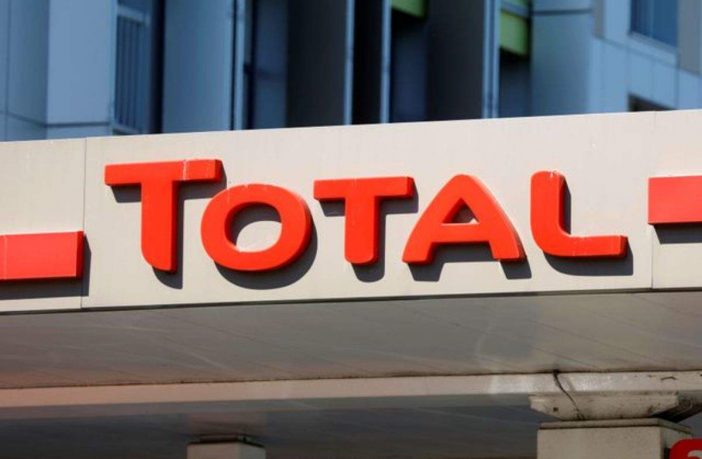- Three big French banks namely; BNP Paribas, Société Générale and Crédit Agricole, will not be financing the East African Crude Oil Pipeline (EACOP).
- The project requires a 1445km, heated oil pipeline to be constructed through Uganda and Tanzania.
- This brings to six the total number of banks that have publicly stated their decision against backing the controversial pipeline, following an open letter to banks signed by over 260 civil society organisations.
French daily Les Echos reported on Wednesday that “according to its information” the project’s sponsor, French oil major Total, “will have to do without” the financial support from the three banks. “The decision has been made, the project is too hard to defend,” commented a source at one of the banks. The banks did not confirm their position publicly.
The news comes less than two weeks after Total, its partner CNOOC and the governments of Uganda and Tanzania signed a series of agreements in Entebbe, Uganda aimed at kicking off construction of the pipeline, although financing for the project has still not been secured.
Related news: TOTAL inks deal for mega oil project in Uganda plus East African Crude Pipeline
The pipeline is expected to cost upwards of US $3.5 billion, of which US$2.5 billion will come from a project finance loan. Recent months have seen one potential financier after another distance themselves from the project as global opposition to the project builds.
The French banks join Barclays, Credit Suisse and ANZ, all significant financiers of Total, in deciding to steer clear of the project. The UK’s Export Credit Agency, UKEF, also ruled the project out for finance last month, as it moved to implement a decision to stop financing fossil fuel projects overseas. And last year, the African Development Bank also ruled out direct finance for the project, saying that it sees renewable energy as the future for the continent.
The EACOP will fuel climate change by transporting oil that will generate up to 34 million tons of carbon emissions each year, and together with the Tilenga and Kingfisher oil fields will negatively impact more than 120,000 individuals along its route. It also poses risks to wildlife and water resources relied on by millions of people for their livelihoods. Total’s response to the mounting concerns surrounding the project has been criticised as greenwashing and lacking transparency.
Henrieke Butijn, Climate Campaigner at BankTrack, said: “The fact that BNP Paribas, Société Générale, and Crédit Agricole, who normally have no problem financing Total’s operations, consider the EACOP project too risky to finance sends a strong message to other banks. With another net-zero initiative, the Net-Zero Banking Alliance, being launched just yesterday with a large number of potential EACOP financiers as members, banks simply cannot afford to finance an oil pipeline with such a huge impact on the climate, local communities and the environment if they want to take seriously the climate and human rights commitments they have made.”
Author: Bryan Groenendaal











